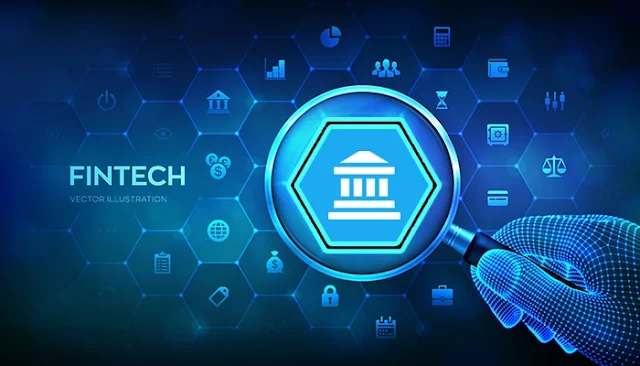The attempts of new fintech companies to separate individual financial services have garnered the lion's share of media coverage.
But the question is, how are financial institutions reacting to this new challenge?
They must adapt to the new trend despite their money, intellect, and long history of invention.
 |
| What Are The 3 Ways Banks Can Work With Fintech Industries?: eAskme |
This article offers four suggestions on how banks might adjust their strategy in response to fintech.
Fintech 2.0:
Currently, fintech companies have not considered how broad disruption throughout the financial services industry would affect consumers.
According to an examination by McKinsey of startup data, whereas 11% of startups are concentrating on providing services to major corporations, 62% are aiming at the retail banking sector.
In terms of potential financial gain, banking's payments system is the most often targeted for a takeover, while lending is the most profitable sector to attack.
Due to the present stage of the embryonic industry's growth, banks' reaction to fintech disruption is crucial
Most new financial technology companies aim to emulate "unbundling" banks by specializing in a single service or product area and excelling at it to the exclusion of all others.
Improvements in the parts of financial services that interact directly with customers have been the primary focus of innovation in these niche areas so far.
Here are a few instances of this in action:
Superior Assistance:
Mostly, a client is locked in by a conventional bank because of the high switching costs associated with leaving the bank for another financial institution.
Without it, fintech specialists must rely on word-of-mouth and other methods to grow their clientele.
An improved customer experience is cited by 90% of fintech firms as a key differentiator in the market.
Improved Brand Recognition:
The fintech sector is revitalizing the branding of the legacy services it is attempting to upend by hiring people with experiences outside of conventional banking who can bring an objective viewpoint to the table.
Gamification and cutting-edge advertising make formerly dull activities like budgeting fun and appealing to customers.
Reduced costs:
Fintech businesses may provide more affordable services since they run on a virtual platform, are not subject to the same regulations as banks, and have access to venture financing.
Financial Institutions' Possible Reactions To The Rise Of Fintech.
A Choice Must Be Made: To Fight or Run:
To "fight" is to break with the business world's accepted practices and test out something new.
Banking infrastructure is antiquated and complex, with many procedures evolving around them yet remaining mostly unchanged since the advent of the internet.
In the past, banks were experts in their fields; now, they're multi-faceted behemoths that provide everything from investing and commercial services to retail banking.
Credit policies that have stood the test of time developed due to branch managers' habit of offering mortgages to people they met daily.
Questions the Purposes of Funding New Fintech Companies:
Putting money into your opponent's hands has been labeled both a Machiavellian stroke of brilliance and an excessively passive strategy.
That banks, with all their money and power, are putting their faith in young companies to drive industry innovation surprises me. Similarly, accelerators are simple to implement, but results vary widely.
Shift the Mentality of Cross-High Subsidization's Price Tags:
For strategic reasons, some goods have a larger return on investment than others, and this phenomenon is known as cross-subsidization.
Student bank accounts are marketed with perks like high overdraft limits and free concert tickets because banks want to win over young people who, in 10 years, will be able to afford homes with good long-term mortgages.
Conclusion:
We predict that there will be two main categories of major financial institutions in the future: the first will be straightforward, old-fashioned banks that provide standard banking services like loans and deposits to individuals and businesses.
The second will be a holding company that owns shares of other companies that provide the de-bundled banking services that fintech advocates for.
Other handpicked guides for you;










